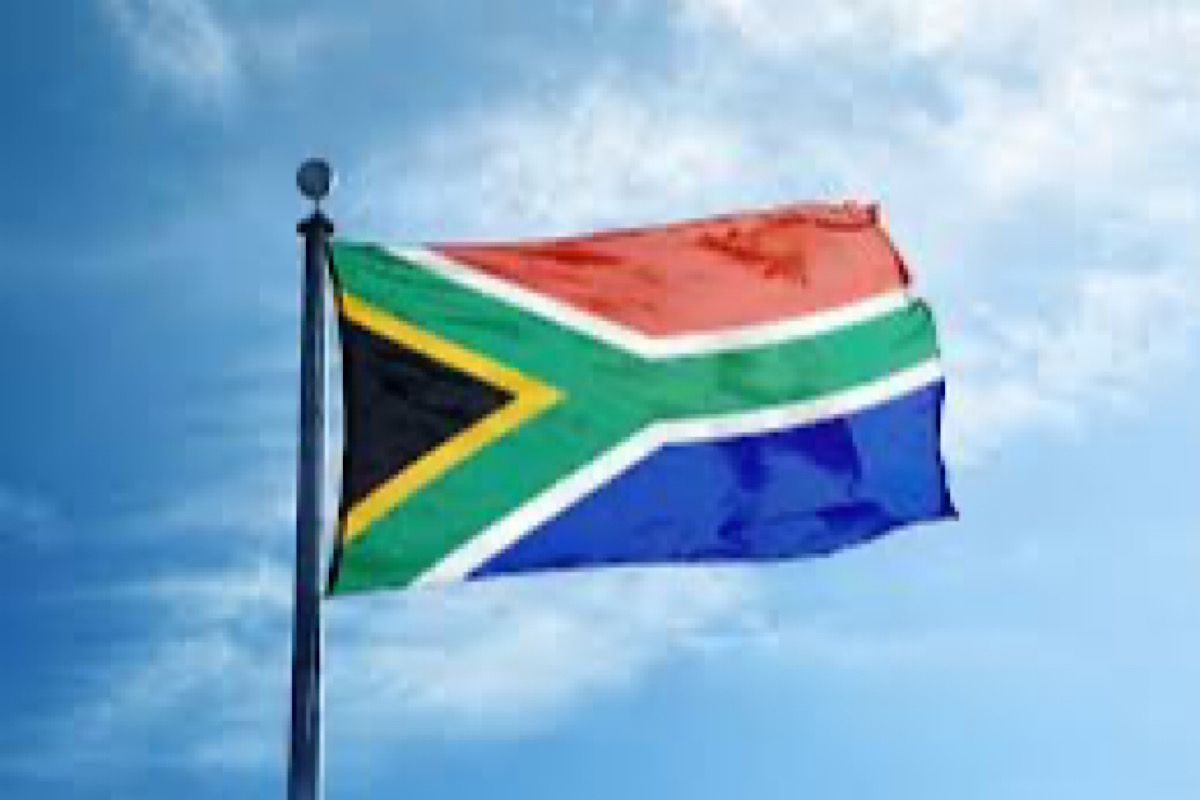AU official says Africa faces shortage of 15 million teachers
Africa faces a deficit of 15 million in the supply of teachers, which hinders the continent's development, a senior African Union (AU) official has said.
Italy’s ambitious plan to forge a new partnership with Africa, as unveiled by Prime Minister Giorgia Meloni, is a bold step towards economic collaboration, energy innovation, and addressing migration concerns.

File photo
Italy’s ambitious plan to forge a new partnership with Africa, as unveiled by Prime Minister Giorgia Meloni, is a bold step towards economic collaboration, energy innovation, and addressing migration concerns. The Mattei Plan, named after the founder of state oil company Eni, aims to position Italy as a European gateway for African energy, an initiative that could reshape the dynamics between the two continents.
Ms Meloni’s proposal, however, faced a lukewarm reception from some African leaders, notably Moussa Faki Mahamat, chairman of the African Union Commission, who expressed a desire for prior consultation. This underscores a crucial aspect of international relations ~ the importance of inclusive dialogue. While Italy’s intentions are commendable, involving African nations in the planning process is essential for building a cooperative foundation. The scepticism expressed by critics, highlighting Italy’s heavy debt burden and the formidable competition from global players like China, Russia, and Gulf states, cannot be ignored. Italy’s 5.5-billion-euro pledge, while a significant commitment, might seem modest compared to the financial prowess of these competitors. To succeed, Italy must leverage support from the private sector and international bodies like the European Union, as Ms Meloni rightly emphasised. Energy cooperation lies at the heart of the Mattei Plan, strategically positioning Italy as a gateway for African natural gas into European markets.
With Europe prioritising diversification of energy supplies following Russia’s invasion of Ukraine, this initiative becomes timely and relevant. Eni’s existing presence in Africa, relying on countries like Algeria, Egypt, and Libya for gas supplies, sets the groundwork for realising these energy ambitions. Ms Meloni’s emphasis on addressing the root causes of migration is a commendable approach. Recognising that economic opportunities play a pivotal role in dissuading young Africans from migrating north, the plan seeks to strengthen local economies. By bolstering industry and agriculture in Africa, Italy aims to tackle the very foundations of mass migration. This holistic perspective aligns with the understanding that sustainable solutions require addressing both push and pull factors. The Mattei Plan, integral to Ms Meloni’s foreign policy, seeks to go beyond mere economic interests. It embodies a comprehensive strategy to foster cooperation among equals, as Ms Meloni put it, rather than succumbing to predatory impositions or charitable stances. The presence of top European Union officials at the Rome meeting underscores the collective European commitment to this vision.
Advertisement
Despite the challenges and initial scepticism, Italy’s proactive stance in engaging with Africa deserves applause. The Mattei Plan, coupled with the European Global Gateway infrastructure project, forms a cohesive strategy to redefine the relationship between Europe and Africa. However, success hinges on effective implementation, transparent collaboration, and ongoing dialogue with African nations. Italy’s venture into a new chapter of collaboration with Africa could serve as a blueprint for more inclusive and mutually beneficial international relationships. It is a testament to the power of strategic foresight.
Advertisement